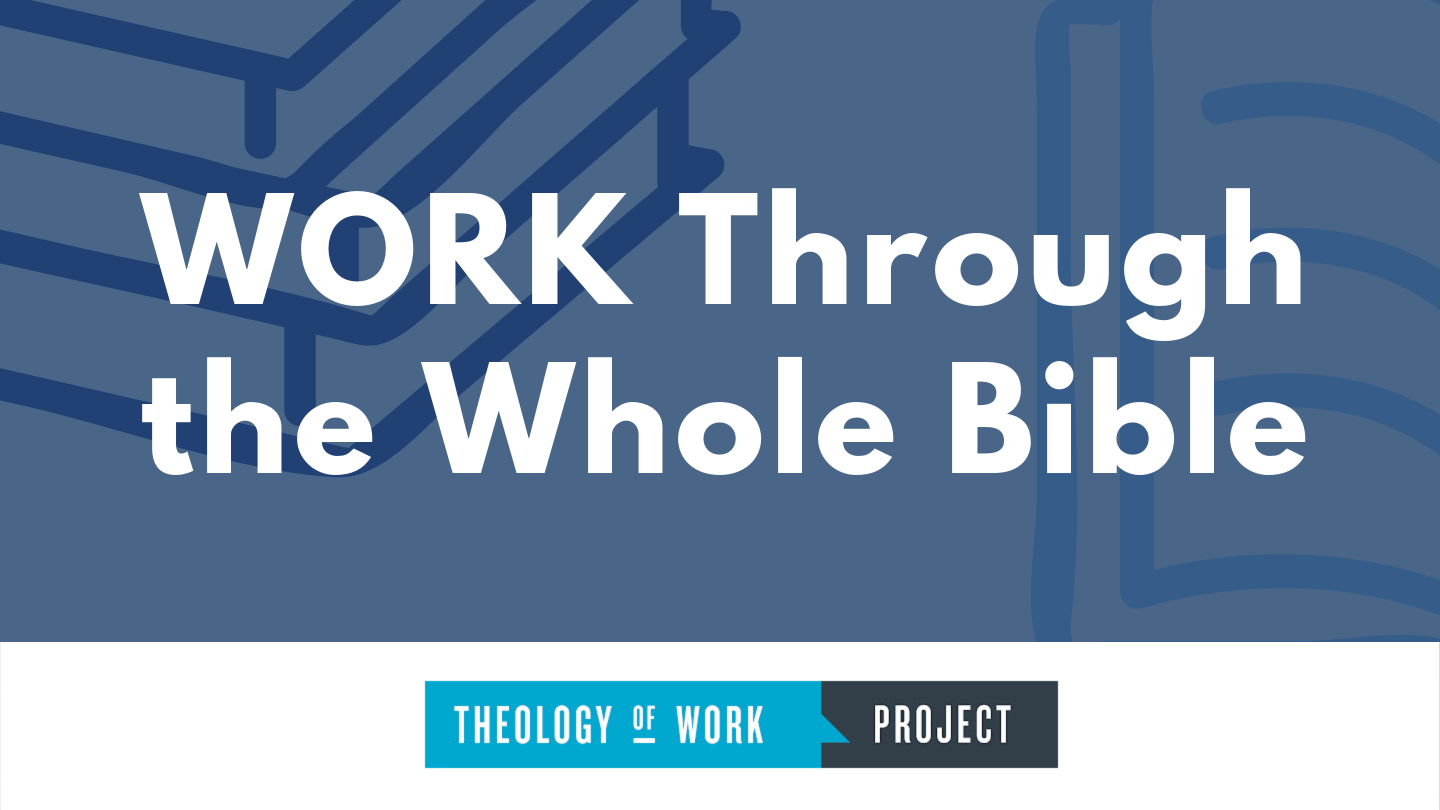7: Women leaders at work (Judges 4:4-5)

Scripture Reading: Judges 4:4-5
The best of the judges, according to the book of Judges, was Deborah. The people recognized her wisdom and came to her for counsel and conflict resolution. The military hierarchy recognized her as supreme commander and only went to war on her personal command. Her governance was so good that “the land had rest for forty years” (Judges 5:31), a rare occurrence at any point in Israel’s history. Alone among the judges, she is called a prophet or prophetess, indicating how closely she resembles Moses and Joshua, to whom God also spoke directly.
Deborah’s service suggests that God does not regard women’s political, judicial, or military leadership as problematic. It is also evident that her husband Lappidoth and her immediate family had no trouble structuring the work of the household so that she had time to “sit under the palm of Deborah” to fulfill her duties when “the Israelites came up to her for judgment” (Judg. 4:5).
Today, in some societies, in many sectors of work, and in certain organizations, women’s leadership has become as un-controversial as Deborah’s was. But in other contemporary cultures, sectors, and organizations, women are not accepted as leaders or are subject to constraints not imposed on men.
Could reflecting on Deborah’s leadership of ancient Israel help Christians today clarify our understanding of God’s intent in these situations? Could we serve our organizations and societies by helping demolish improper obstacles to women’s leadership? Would we personally benefit from seeking women as bosses, mentors, and role models in our work?
Prayer: Lord, guide me as I seek to affirm and support the leadership of women as mentors, bosses, and co-workers. If I harbor any view of women that is not your view, I invite you to transform and renew my mind through your word. Amen.
For Further Exploration: Read Deborah: An Ezer Woman Equipped to Lead (Judges 4-5) from the Theology of Work Project article Women Workers in the Old Testament.
Author: Theology of Work Project
Theology of Work Project Online Materials by Theology of Work Project, Inc. is licensed under a Creative Commons Attribution-NonCommercial 4.0 International License. Based on a work at www.theologyofwork.org
You are free to share (to copy, distribute and transmit the work), and remix (to adapt the work) for non-commercial use only, under the condition that you must attribute the work to the Theology of Work Project, Inc., but not in any way that suggests that it endorses you or your use of the work.
© 2014 by the Theology of Work Project, Inc.
Unless otherwise noted, the Scripture quotations contained herein are from the New Revised Standard Version Bible, Copyright © 1989, Division of Christian Education of the National Council of the Churches of Christ in the U.S.A., and are used by permission. All rights reserved.

